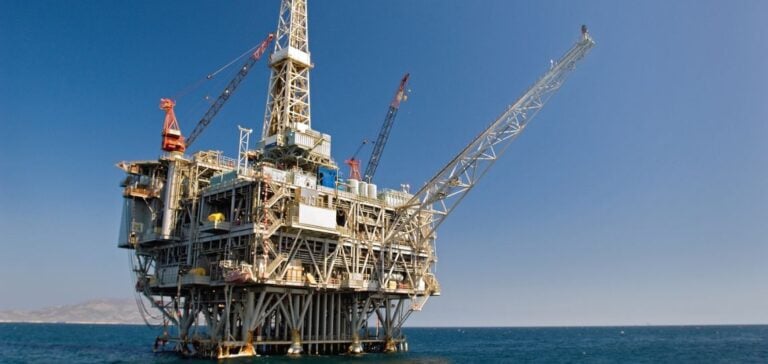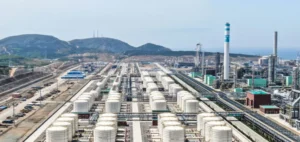Reliance Industries, a key player in the Indian refining industry, has obtained special permission from the United States to resume trading with Petróleos de Venezuela, S.A. (PDVSA).
The agreement covers an exchange of naphtha for crude oil, a crucial arrangement for both companies.
Naphtha, a refined product supplied by Reliance, is used by PDVSA to dilute its heavy crude oil, making it easier to export. US sanctions had forced Reliance to suspend its purchases of Venezuelan oil, key for the Asian market, in April.
However, Washington granted a special license in July, allowing the company to resume this trade under strict conditions.
Reliance had submitted an application in May, which was accepted two months later.
Refining Operations Optimization
Reliance Industries operates the world’s largest refining complex, located in the state of Gujarat, with a processing capacity of 1.4 million barrels per day.
This capacity enables the company to process cheaper, heavy crude oils such as Merey from Venezuela.
The supply of naphtha, in exchange for crude oil, enables Reliance to maintain continuity in its operations while diversifying its sources of supply.
Reliance’s sophisticated refining infrastructure enables it to maximize profit margins, despite the challenges imposed by oil market fluctuations and international regulations.
The barter model adopted by the company demonstrates a strategic approach to overcoming regulatory constraints while ensuring operational stability.
Logistics challenges and regulatory context
Trade between Reliance and PDVSA faces a number of logistical challenges.
Venezuelan ports, often overloaded, cause delays in deliveries, affecting the supply chains of Asian importers of Venezuelan oil.
These delays, which can last up to 60 days, complicate the management of logistics flows for Reliance. The U.S. authorization obtained by Reliance remains valid, although subject to potential revisions depending on political developments in Venezuela.
The US authorities have clarified that individual licenses are not expected to be modified or withdrawn in the immediate future, providing a degree of stability to business operations between Reliance and PDVSA.
Challenges for the Energy Sector
The agreement between Reliance and PDVSA highlights the resilience of the energy sector in the face of international sanctions and logistical challenges.
The barter model implemented by Reliance could inspire other companies seeking to maintain business continuity while complying with regulatory constraints.
The adaptability demonstrated by industry players like Reliance is crucial to navigating a complex and rapidly changing global environment.
By seeking to diversify its sources of supply and optimize its processes, Reliance is showing the way forward for other companies in the energy sector.





















